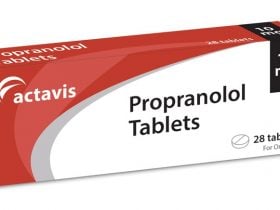Serious Side Effects

Serious side effects may range from infection, or bone fracture in the thigh to a medical emergency. Report any sign of medical emergency to your doctors immediately or contact your local emergency number.
Common serious side effects of Prolia include:
- Dental problems and jaw-related side effects.
- Serious infection, such as urinary tract infection (UTI) [3] and skin infection.[4]
- Unusual bone fractures in your thigh.
- Skin-related side effects, such as rashes, dry skin, or blisters.
- Serious pain in your muscles, bones, or joints.
- Disable bone production. That is, it takes longer for your bones to produce new tissues.
- Increased risk of bone fracture after stopping Prolia treatment, such as having multiple spine fractures.
Bone loss in the jaw, also known as osteonecrosis of the jaw, is one of common side effects of Prolia. Symptoms of osteonecrosis include swelling, numbness, jaw pain, loose teeth, gum infection, or slow healing after surgery or injury. According to research, people who have cancer or have undergone radiation therapy, chemotherapy, or taken steroid medications [5] are more prone to the condition. Blood clotting abnormalities, an underlying dental disorder, and anemia (low red blood cells) are also likely to suffer from osteonecrosis. [6]
Tell your dentist that you are using Prolia if you need to undergo any dental work, such as surgery. Your dentist may advise you to stop using the drug for a short period.
Dosage
Prolia is a prescribed medication. Your healthcare provider will recommend the right drug for you. The dosage you take will be based on your doctor’s observations.













